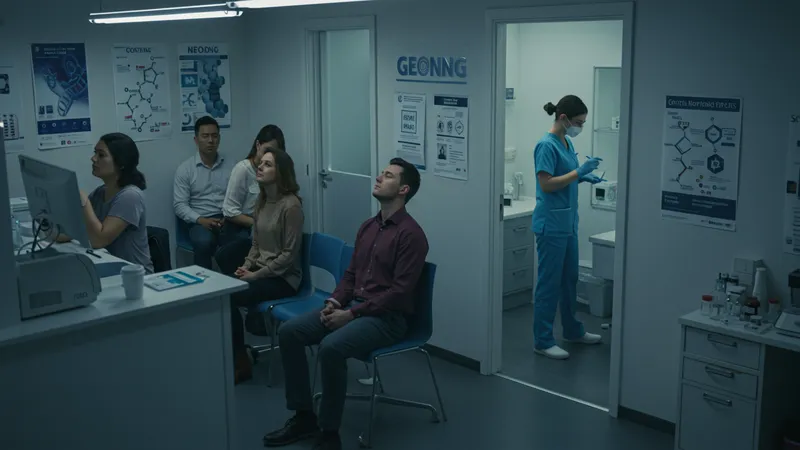
What To Expect When Booking A DNA Testing Appointment
Arranging a DNA testing appointment in the United States can be both intriguing and nerve-wracking. At its core, the process involves booking a time with a laboratory or clinic where your DNA sample—for example, a cheek swab or saliva—will be collected, securely identified, and processed for analysis. While the reasons for booking might range from uncovering ancestry information to confirming biological relationships, the journey from appointment scheduling to receiving results follows a series of professionally coordinated steps.
When you prepare for a DNA testing appointment, you encounter a regulated process built to ensure proper identification, privacy, and accuracy from start to finish. Many facilities require government-issued identification, clear explanation of consent, and a discussion about what the results might mean. Typically, an appointment will be scheduled either online or by phone, after which the participant visits a dedicated testing location—sometimes a clinic, mobile unit, or even a hospital-based genetic laboratory.

- Quest Diagnostics DNA Testing Appointment – Estimate: $150–$400 per test
- Labcorp DNA Collection Appointment – Estimate: $130–$400 per test
- DNA Diagnostics Center (DDC) Legal DNA Test – Estimate: $350–$525 per test
Comparing these national providers, you’ll notice differences in price, location availability, and types of DNA tests offered. Quest Diagnostics and Labcorp both operate extensive lab networks, making scheduling appointments convenient across the United States. DNA Diagnostics Center (DDC) specializes in legal testing often required for immigration or court purposes and offers robust documentation protocols. All require advance booking for walk-in or drive-through sample collection, with appointments confirmed via email or text message.
One notable benefit of booking a testing appointment, rather than opting for at-home kits, is the assurance of legally defensible chain-of-custody protocols in the United States. Clinics verify identities in-person, oversee sample collection, and maintain evidence-grade documentation—requirements for legal, immigration, or court-ordered cases. Labs like Quest and Labcorp also guarantee confidentiality in accordance with federal guidelines such as HIPAA, which protect DNA data against unauthorized access or misuse.
Booking policies differ from provider to provider—Quest Diagnostics typically allows online appointment management, including rescheduling and cancellations, while DDC might require a phone call for legal test bookings to ensure all paperwork is prepared. It’s essential to check each provider’s website for documentation requirements or possible additional fees before scheduling your visit. Most labs clearly outline what forms of ID you’ll need and what to avoid prior to your appointment (like eating, drinking, or smoking).
DNA testing services continue to expand across the United States, serving both individual curiosity and legal necessities. Booking an appointment is more than just reserving a date; it’s a blend of logistics, privacy considerations, and compliance with state and federal regulations. The deeper details reveal even more valuable insights ahead—especially for those curious about the step-by-step appointment experience, privacy safeguards, and the latest advancements in DNA sample analysis.